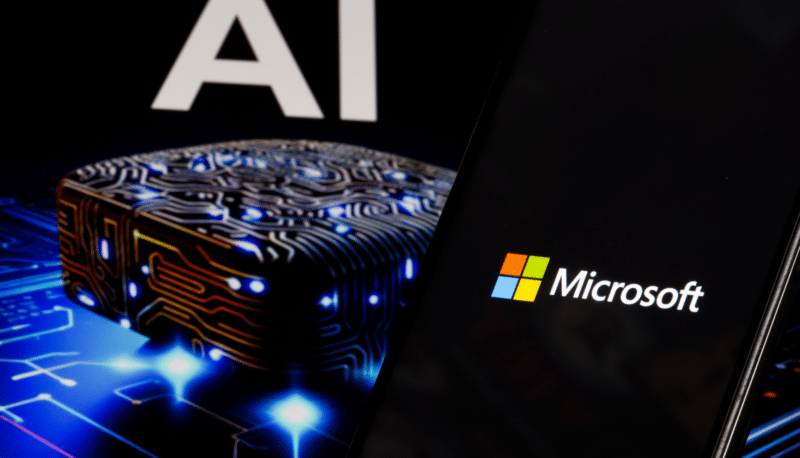
The Transformative Power of AI in Consumer Engagement and Search Technology
Artificial intelligence (AI) is revolutionizing the way consumers engage with search technologies, according to James Murray of Microsoft Advertising, during his insightful presentation at SMX Advanced. As the search landscape evolves, advertisers and marketers must adapt to these changes to maximize their impact and effectiveness. Understanding the emerging dynamics of AI-driven search can provide valuable opportunities for professionals in software development, digital marketing, and content management.
One of the standout points from Murray’s presentation was the expanded search box—a fundamental shift that allows users to input more complex and nuanced queries. This change signifies a move away from simplistic search phrases and empowers users to articulate detailed requests. Consequently, advanced AI tools, such as Microsoft’s Copilot, can better comprehend context and generate more relevant responses. The focus is no longer on keywords, but on the underlying intent, allowing for more personalized search outcomes.
Moreover, AI’s enhanced capabilities in synthesizing information now enable rapid processing of data from multiple sources. Users can quickly receive concise answers to intricate queries, vastly improving their search experiences. As Murray pointed out, this technology’s effectiveness lies in its ability to understand the true intent behind user inquiries, pushing conventional search engines toward a more nuanced understanding of user needs.
Murray delineates three key stages in the adoption of AI search tools. Starting from initial curiosity in 2023, users are progressively becoming familiar with AI capabilities, moving toward tangible applications in everyday tasks. As comfort grows, the expected benefits of AI integration will only amplify, enhancing efficiency and effectiveness in data handling, content creation, and code writing, thus revolutionizing the roles of marketers and software developers.
For marketing professionals, AI-powered search tools offer unprecedented opportunities. By leveraging detailed user insights, marketers can create more personalized ad experiences that align closely with user needs. The importance of high-quality content that is easily crawlable cannot be overstated, as it significantly influences visibility in AI-driven search results. Furthermore, AI tools promote hyper-personalization in marketing campaigns, allowing for tailored ad content that resonates with target audiences without relying on invasive data collection methods.
Finally, the potential of multimodal AI paves the way for processing various content types, such as text, images, and videos. This evolution not only enhances creative possibilities but also redefines the way marketers engage with their audiences, calling for innovative strategies tailored for an AI-driven future. As marketers begin to embrace these changes, integrating tools like URL shorteners and link management systems becomes increasingly crucial. Efficiently managing the links generated from AI-driven marketing efforts can streamline campaigns, enhance tracking, and improve overall user experience.
In conclusion, the implications of AI on consumer engagement and search technology are profound. Professionals across various domains—be it software development, digital marketing, or content creation—must stay abreast of these changes. Engaging actively with AI will not only enrich individual workflows but also offer new dimensions of interaction between brands and users.
#BitIgniter #LinksGPT #UrlExpander #UrlShortener #AI #DigitalMarketing
Want to know more: https://searchengineland.com/how-ai-is-advancing-advertising-and-changing-consumer-engagement-446200

